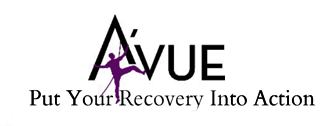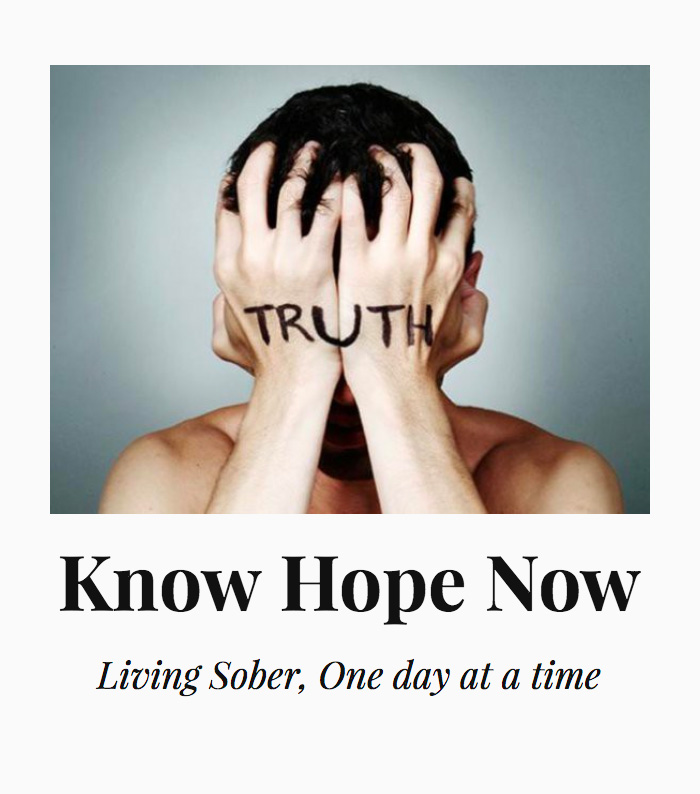You have finally admitted to yourself and perhaps to close loved ones that you are an alcoholic, the first step to recovery, but what about everyone else? Telling people that you are a recovering alcoholic is difficult, from unnecessary shame and guilt to personal consequences, it can be hard to navigate. However, it’s worth it in the long-run.
In some situations, telling friends that you are a recovering alcoholic can cost you those friendships from what is called the “lobster effect.” Supposedly, in a tank of lobsters, when one lobster starts succeeding at crawling out of the tank or up the wall, the rest of the lobsters pull it back down with them. Likewise, many people in recovery have had to face friends that are engaging in destructive life choices and see your progress as a threat to them. They may even try to convince you that they don’t have a real problem and therefore neither do you. Sadly, it is here that you will have to re-evaluate the role of these relationships in your life.
Telling people about your history with substance abuse should be handled with great tact and care. For example, you should probably tell your mother that you’re struggling from alcoholism, but perhaps leave out the gruesome details of hitting rock bottom and the poor decisions made there. Recovering alcoholics have found it beneficial to censor details and focus on discussing recovery.
However, it is not necessary to tell everyone. Alcoholism and drug addiction are diseases and as you wouldn’t tell people about treatment for other diseases, the same goes for addiction and recovery. This gray line is trickiest at the workplace. The Family Medical Leave Act makes it illegal to fire an employee for seeking treatment at rehab and some employers would rather know immediately so they can support you on your path to recovery. Job security varies greatly depending on the industry and how long you plan to be gone from work.







COMMENTS